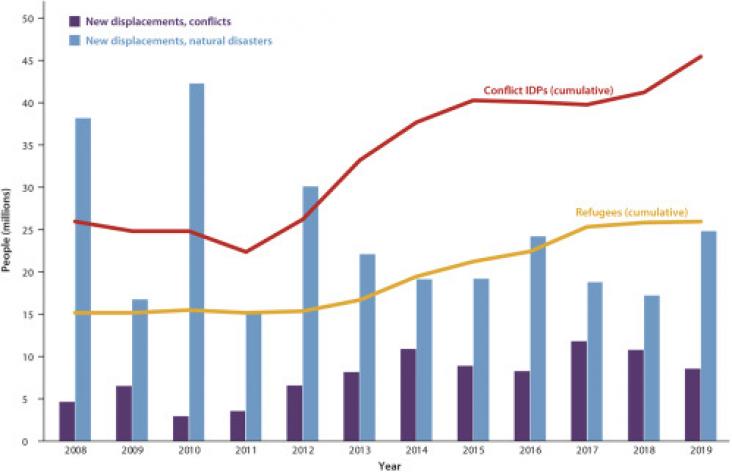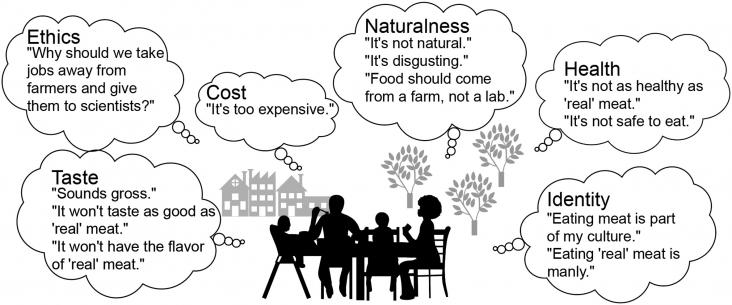Elsevier,
Global Groundwater. Source, Scarcity, Sustainability, Security, and Solutions, 2021, Pages 503-517
This chapter advances SDG 6 by presenting opportunities for groundwater and how information can be shared across disciplines- e.g. Many commercial operations (e.g., oil and gas, geothermal, mining) create a wealth of geological and hydrogeological information in their everyday exploration activities that can be used by groundwater professionals.
Elsevier,
Global Groundwater. Source, Scarcity, Sustainability, Security, and Solutions, 2021, Pages 577-583
This chapter advances SDG 6 by presenting an overview and consideration for groundwater desalination, including a framework tool.
Elsevier,
Galapagos Giant Tortoises, Biodiversity of World: Conservation from Genes to Landscapes, 2021, Pages 503-509
This book chapter advances SDGs 13, 14, and 15 by presenting a framework for prioritizing future conservation efforts. The chapter ends with a vision of Galapagos tortoise populations 200–300 years from now—as they follow a slow, steady path to full recovery.
This book chapter addresses goals 14, 13 and 6 by looking at climate change and the threats to deep sea benthic habitats.
Partner content
Global CitizenGlobal Citizen, 27th October 2020
Solar power is a renewable energy source. An increase in solar power can see a pivot from coal-fired power, a major source of air pollution and greenhouse gas emissions. Global Citizen campaigns on the United Nations’ Global Goals, including goal 7 for affordable and clean energy and goal 13 for climate action. The Global Goals specifically call on all nations to invest in sustainability and renewable power.

Climate change is reshaping the comparative advantage of regions and hence driving migration flows, principally toward urban areas.
Entomophagy is increasingly seen as a potential solution to provide a sustainable source of protein. However, the attitude of Western consumers towards insect-based products is generally negative.
The dichotomous divide between vegetarians and omnivores seems clear: Omnivores eat meat, whereas vegetarians do not.
Landscape fragmentation and farming can affect the diversity of plants and pollinators harbored by linear landscape elements (LLE) in agroecosystems.

